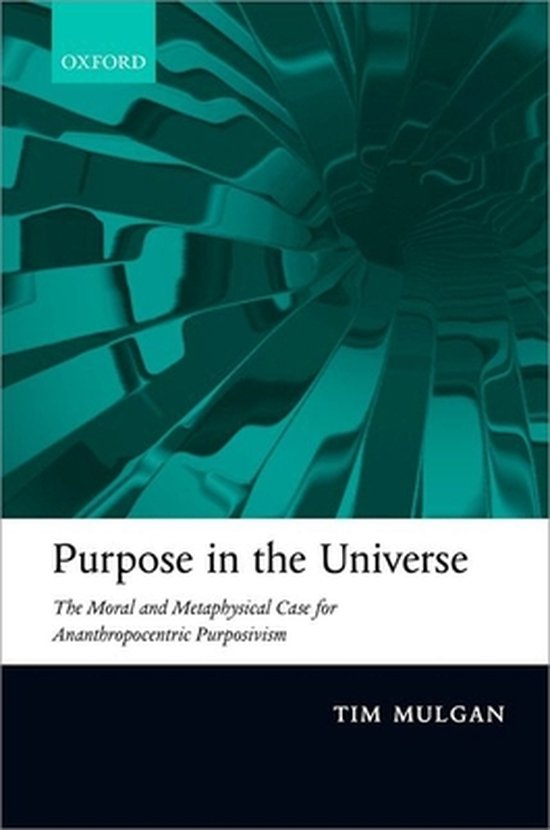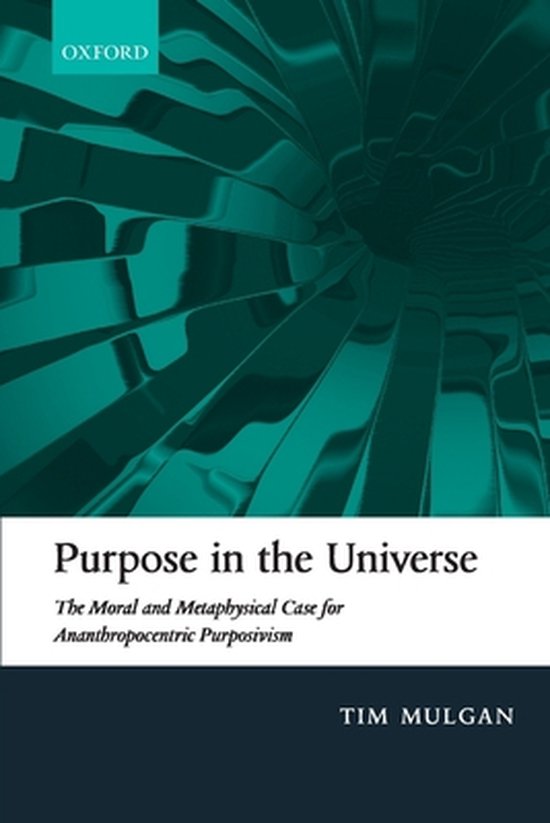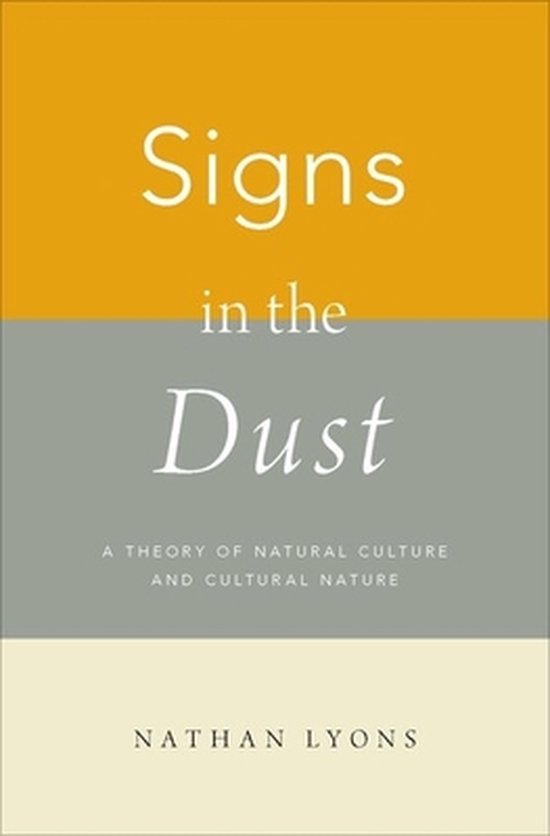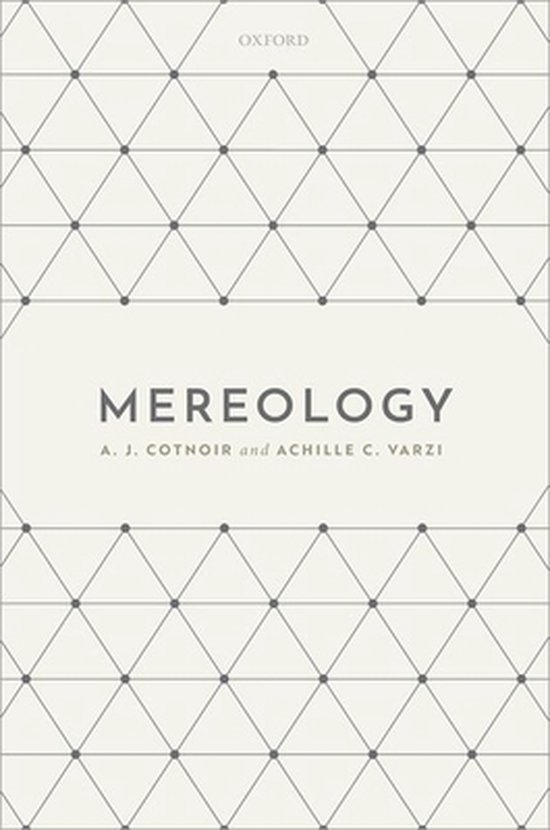
Purpose in the Universe
Two familiar worldviews dominate Western philosophy: materialist atheism and the benevolent God of the Abrahamic faiths. Tim Mulgan defends a third way. Ananthropocentric Purposivism claims that there is a cosmic purpose, but human beings are irrelevant to it. He argues that non-human-centred cosmic purpose can ground a distinctive human morality.
Two familiar worldviews dominate Western philosophy: materialist atheism and the benevolent God of the Abrahamic faiths. Tim Mulgan explores a third way. Ananthropocentric Purposivism claims that there is a cosmic purpose, but human beings are irrelevant to it. Purpose in the Universe develops a philosophical case for Ananthropocentric Purposivism that it is at least as strong as the case for either theism or atheism. The book borrows traditional theist arguments to defend a cosmic purpose. These include cosmological, teleological, ontological, meta-ethical, and mystical arguments. It then borrows traditional atheist arguments to reject a human-centred purpose. These include arguments based on evil, diversity, and the scale of the universe. Mulgan also highlights connections between morality and metaphysics, arguing that evaluative premises play a crucial and underappreciated role in metaphysical debates about the existence of God, and Ananthropocentric Purposivism mutually supports an austere consequentialist morality based on objective values. He concludes that, by drawing on a range of secular and religious ethical traditions, a non-human-centred cosmic purpose can ground a distinctive human morality. Our moral practices, our view of the moral universe, and our moral theory are all transformed if we shift from the familiar choice between a universe without meaning and a universe where humans matter to the less self-aggrandising thought that, while it is about something, the universe is not about us.
Two familiar worldviews dominate Western philosophy: materialist atheism and the benevolent God of the Abrahamic faiths. Tim Mulgan explores a third way. Ananthropocentric Purposivism claims that there is a cosmic purpose, but human beings are irrelevant to it. Purpose in the Universe develops a philosophical case for Ananthropocentric Purposivism that it is at least as strong as the case for either theism or atheism. The book borrows traditional theist arguments to defend a cosmic purpose. These include cosmological, teleological, ontological, meta-ethical, and mystical arguments. It then borrows traditional atheist arguments to reject a human-centred purpose. These include arguments based on evil, diversity, and the scale of the universe. Mulgan also highlights connections between morality and metaphysics, arguing that evaluative premises play a crucial and underappreciated role in metaphysical debates about the existence of God, and Ananthropocentric Purposivism mutually supports an austere consequentialist morality based on objective values. He concludes that, by drawing on a range of secular and religious ethical traditions, a non-human-centred cosmic purpose can ground a distinctive human morality. Our moral practices, our view of the moral universe, and our moral theory are all transformed if we shift from the familiar choice between a universe without meaning and a universe where humans matter to the less self-aggrandising thought that, while it is about something, the universe is not about us.
| Auteur | | Tim Mulgan |
| Taal | | Engels |
| Type | | Hardcover |
| Categorie | | Religie, Spiritualiteit & Filosofie |




